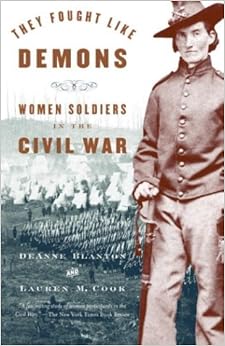

Not a national holiday, but coming the day before Veterans Day, flags are often flying for the Marines as well.
Character considerations: does your character fly a flag year-round, on holidays, or not at all? Why?
Speaking of Veterans Day, this one’s enjoyed a twisted history. The fighting of WWI—known at the time as “The Great War”—ceased when an armistice took effect between the Allied nations and Germany. It went into effect on the eleventh hour of the eleventh day of the eleventh month—the end of the war to end all wars—in 1918. In November 1919, President Wilson proclaimed November the first commemoration of Armistice Day. In 1926, the U.S. Congress officially recognized November 11, 1918, as the end of WWI and urged people to observe the day in schools and churches, or other suitable places, with appropriate ceremonies. In 1938, it became a legal holiday—dedicated to the cause of world peace.
Character considerations: is your character patriotic? By whose definition? How would your character have responded to the renaming of the day, the changing dates, and the changing nature of the celebrations?